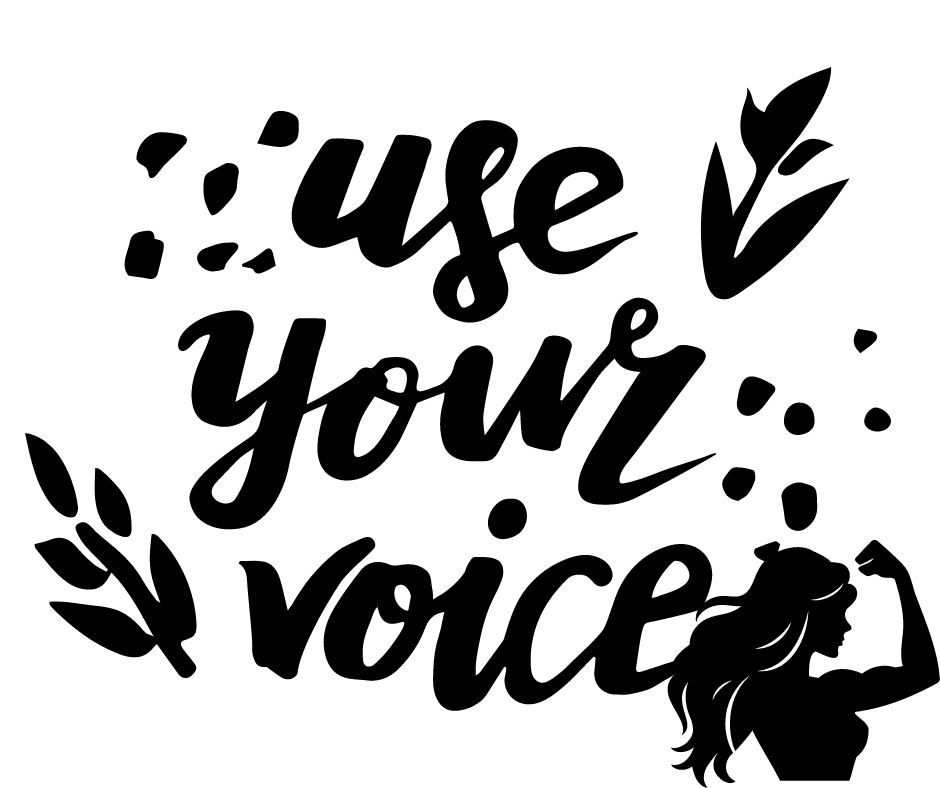The Rise and Fall of Industry Giants Do you remember Kodak? In 1997, the company employed approximately 160,000 people and dominated nearly 85% of the global photography market. Yet, despite its market leadership, Kodak failed to adapt to the rapid rise of mobile cameras. The result? Bankruptcy. Thousands of jobs vanished overnight, and a once-thriving giant faded into history. Kodak wasn’t alone. Many iconic brands disappeared because they couldn’t evolve with technological advancements, including: HMT – Once a leading watch brand, now obsolete. Bajaj Scooters – Once a household name, now a memory. Dyanora & Murphy – Pioneers in television and radio, now forgotten. Nokia – A mobile phone giant that fell behind in the smartphone era. Rajdoot Motorcycles & Ambassador Cars – Once symbols of prestige, now relics of the past. Their downfall wasn’t due to poor quality but an inability to innovate and embrace change. The Future of Jobs in the Fourth Industrial Revolution As we navigate through the present, it’s difficult to comprehend the extent of transformation the world will undergo in the coming decade. However, one thing is clear—70% to 90% of today’s jobs will disappear. We are now entering the Fourth Industrial Revolution, an era where artificial intelligence (AI), automation, and digital transformation will redefine industries. To survive, individuals and businesses must be prepared for unprecedented shifts in technology and employment. Disruptive Companies Reshaping Industries Consider the businesses that dominate today’s economy: Uber – The world’s largest taxi service, yet it owns no vehicles. Airbnb – The largest hotel chain, yet it owns no hotels. Paytm, Ola, Oyo – Digital platforms disrupting traditional business models. In the legal industry, IBM’s AI system, Watson, can analyze cases with greater efficiency than human lawyers, leading to a decline in demand for new attorneys. Experts predict that by 2030, 90% of jobs in the U.S. will be eliminated, leaving only highly specialized professionals in demand. AI in Healthcare & The Transformation of Transportation Artificial intelligence is not just disrupting law; it’s revolutionizing healthcare. AI-powered diagnostic tools, such as IBM’s Watson, can detect diseases, including cancer, with an accuracy four times higher than human doctors. By 2030, AI is expected to surpass human intelligence, leading to significant advancements in medicine. The transportation industry is also undergoing a dramatic shift: 90% of today’s cars will vanish within 20 years. Electric and hybrid vehicles will dominate the roads. Self-driving cars will eliminate the need for human drivers, reducing road accidents by 99%. Car insurance companies will become obsolete as accidents decrease. With autonomous vehicles replacing traditional transportation, industries like traffic policing and parking management will become irrelevant. The Changing Face of Commerce and Money The speed of change is staggering: A decade ago, STD booths were essential. Today, mobile phones have rendered them obsolete. Recharge shops once thrived, but online recharges made them unnecessary. Most people now buy phones and other essentials online through Amazon and Flipkart. Even money is evolving. We transitioned from cash to cards, and now to mobile wallets like Paytm, where transactions happen at the click of a button. The future will likely see even more innovation in digital finance and blockchain technology. Adapt or Disappear: The Ultimate Lesson History has taught us a powerful lesson—those who fail to adapt will be left behind. The world is evolving faster than ever before, and survival depends on how well we embrace innovation, continuous learning, and technological advancements. The choice is ours: evolve with the changing times or become a relic of the past. By Dr. Bilal Ahmad Bhat Founder & CEO, BAB Group of Companies
From Grief to Glory: How Widow Leadership is Shaping a New Global Era By Voice of Widows
Widowhood is often seen as a time of sorrow and loss, but for many women around the world, it is also a time of profound transformation. When widows are empowered to take on leadership roles, they become powerful agents of change, shaping a new global era of progress and equality. The Global Crisis of Widowhood The challenges faced by widows are immense. In many parts of the world, widowhood is accompanied by social isolation, economic hardship, and discrimination. Widows are often left to navigate these challenges alone, without any support. But this crisis is also an opportunity—an opportunity to empower widows to become leaders and change-makers. The urgency of this issue cannot be ignored. Every day, widows around the world are denied their rights and their dignity. But when we empower these women to lead, we are not just addressing their immediate needs—we are paving the way for a more just and equitable world. Emotional Empowerment Leadership is a powerful tool for emotional empowerment. For widows, taking on a leadership role can be a way to reclaim their identity and find meaning in the face of loss. It gives them the confidence to speak out, to advocate for themselves and others, and to drive change. This emotional empowerment is not just beneficial for the individual widow—it has a ripple effect, inspiring others and transforming communities. Urgent Action Required Empowering widows to be leaders requires immediate action. This means providing widows with the resources and support they need to succeed, from education and training to financial assistance and legal protection. It also means challenging the social norms and stereotypes that hold widows back. The time to act is now. By empowering widows to be leaders, we can create a world where every woman has the opportunity to reach her full potential. Let’s join forces to turn grief into glory and unleash the power of widows to shape a new global era.
Why Women Healthcare Volunteers Are Undervalued: Unveiling Their Essential Role
In the bustling world of healthcare, where every moment counts and every life saved is celebrated, there exists a quiet army of volunteers who often go unnoticed and underappreciated: women. These dedicated individuals sacrifice their time, energy, and sometimes even their emotional well-being to support healthcare initiatives worldwide. Yet, their contributions are frequently undervalued, overshadowed by the larger mechanisms of medical care. Today, we shed light on why women healthcare volunteers are so crucial yet remain overlooked. The Unseen Heroes Imagine a bustling hospital ward, where doctors and nurses tirelessly attend to patients. Amidst this chaos, volunteers—often women—work tirelessly behind the scenes. They offer comfort to grieving families, guide confused patients through labyrinthine corridors, and provide invaluable support to healthcare professionals. These volunteers are the unseen heroes who bridge gaps in care, offering human connection in an increasingly mechanized healthcare system. Actionable Insights Advocacy for Recognition: It’s time to advocate for recognition of women healthcare volunteers. They deserve acknowledgment not just for their time but for their emotional investment in patient care. Training and Support: Provide comprehensive training and emotional support programs for volunteers. Recognizing their emotional labor is crucial in retaining dedicated volunteers. Policy Change: Advocate for policies that ensure fair treatment and recognition of volunteers within healthcare systems. Their contributions should be formally recognized and appreciated. The Emotional Toll Volunteering in healthcare settings can take a significant emotional toll. Women volunteers often find themselves comforting patients in distress, witnessing heartbreaking situations, and grappling with their own emotions in the process. Despite this, their efforts are frequently sidelined, their emotional labor overlooked. Urgent Call to Action The urgency lies in recognizing and valuing the contributions of women healthcare volunteers. They are not just a supporting cast but integral members of the healthcare ecosystem. Their efforts save time, improve patient outcomes, and provide much-needed comfort in times of crisis. Final Thoughts As we reflect on the vital role women healthcare volunteers play, let us remember their unwavering dedication and resilience. It’s time to elevate their voices, recognize their contributions, and ensure they receive the support and appreciation they deserve. By doing so, we not only honor their commitment but also strengthen our healthcare systems with compassion and empathy. In conclusion, the undervaluation of women healthcare volunteers is a systemic issue that requires collective action. Let us amplify the voice of widows who volunteer, ensuring their impact is felt and their efforts celebrated. Together, we can create a healthcare environment where every volunteer—especially women—is recognized as a pillar of strength and compassion.
Empower Widows: The Voice of Change
Introduction: Widows often find themselves in vulnerable positions, facing economic hardship, social stigma, and emotional distress. In many cultures, they are marginalized and overlooked, struggling to rebuild their lives after the loss of their spouses. However, empowering widows is not just an act of charity; it’s a necessity for creating a more equitable and just society. In this blog, we delve into the importance of empowering widows and how organizations like The Voice of Widows are making a difference in their lives. The Plight of Widows: The journey of a widow is often fraught with challenges. Suddenly finding themselves solely responsible for their families, widows encounter financial instability, legal hurdles, and social isolation. In many communities, widows face discrimination and are deprived of basic rights such as property ownership and inheritance. Moreover, the loss of a spouse can lead to emotional trauma, leaving widows feeling abandoned and vulnerable. Empowering Widows: A Path to Security and Dignity: Empowerment is the key to helping widows reclaim their lives and live with dignity. This empowerment involves providing them with access to education, vocational training, and economic opportunities. By equipping widows with skills and resources, they can become financially independent and self-sufficient. Additionally, empowering widows means advocating for their rights and challenging societal norms that perpetuate discrimination and marginalization. The Voice of Widows: A Beacon of Hope: One organization that is at the forefront of empowering widows is The Voice of Widows. Founded on the belief that every widow deserves support and opportunities, this organization is dedicated to improving the lives of widows around the world. Through various initiatives such as skill development programs, legal assistance, and community support networks, The Voice of Widows is breaking barriers and fostering resilience among widows. Creating Sustainable Change: Empowering widows is not a one-time effort; it requires sustained commitment and collaboration. By partnering with governments, NGOs, and local communities, organizations like The Voice of Widows can create systemic change and address the root causes of widowhood vulnerability. This includes advocating for policy reforms, raising awareness about widow rights, and promoting gender equality. How You Can Help: Supporting organizations like The Voice of Widows is crucial in their mission to empower widows. Whether through donations, volunteering, or spreading awareness, every contribution makes a difference in the lives of widows. Additionally, advocating for gender equality and challenging stereotypes can help create a more inclusive society where widows are valued and respected. Conclusion: Empowering widows is not just a matter of charity; it’s a fundamental human right. By providing widows with the support and opportunities they need to thrive, we can create a more equitable and compassionate world. Through organizations like The Voice of Widows, we can amplify the voices of widows and work towards a future where every widow can live a secure and dignified life. Join us in our mission to empower widows and create lasting change.




